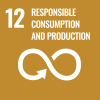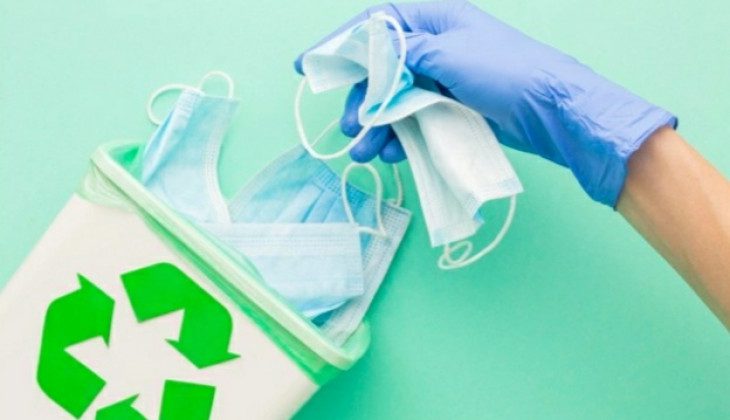
UGM students develop environmentally friendly trash cans that can process medical mask waste into organic materials. This trash can is made by adding a biodegradation agent, the microbe Pseudomonas aeruginosa.
“This medical mask waste processing process uses the most environmentally friendly method because it does not leave materials that are difficult to decompose in the environment,” explained the head of the development team, Muhammad Ardillah Rusydan, Monday (6/9).
Ardillah said the microbes break down the waste masks in about 10-14 days. Although the degradation process takes a long time, developing the tools through several processes can speed up the degradation process.
“The process of heating and adding nutrients as well as adding types of microbes will accelerate the degradation process of medical mask waste,” explained the student from the Faculty of Biology.
The trash bin was developed by Ardillah, Gizela Aulia Agustin (Biology), Isthafaina Dea Fairuz (Health Nutrition), and Asyifa Rizki Daffa (Nuclear Engineering 2020) was part of the UGM Student Creativity Program in the field of Copyright (PKM-KC) under the guidance of Dr. Endah Retnaningrum. The trash can is designed with a size of 29x14x100 cm and a capacity of 28.5 L.
The trash can is equipped with a shredder at the top to chop the medical masks into small pieces. At the bottom of the shredder, an ultrasonic sensor is connected to the microcontroller and sprayer. This way, when the mask pieces fall past the sensor, the sprayer that has been filled with a bacterial solution will automatically spray the solution towards the medical mask pieces. The bottom of the trash can is designed in such a way that the chopped masks that have been degraded by microbes enter the storage tube.
Meanwhile, Asyifa added that the idea of making the trash bin started from their concern about a large amount of medical mask waste. Since the Covid-19 pandemic, the use of medical masks has continued to increase. Research conducted by Sangkham (2020) showed a significant increase in the use of medical masks, particularly 2,228,170,832 on 31 July 2020. Of this number, Indonesia contributed 159,214,791 pieces of mask waste. It can cause negative impacts, one of which is the formation of microplastics that pollute the environment.
There is a lack of public awareness to dispose of medical masks according to the guidelines on a household scale which exacerbates this condition, leading to improper handling of medical mask waste.
He conveyed that, so far, mask waste management has not been very effective because it still produces pollution and is difficult to reach by the wider community. In fact, the Life Cycle Assessment (LCA) stated that the incineration process causes a lot of environmental damage. The process also requires much water use, and the waste from the incinerator produces particles that are harmful to the environment and humans.
“Due to limited access, this tool can only process a small amount of medical mask waste,” he said.
Therefore, a breakthrough and innovation of environmentally friendly medical waste processing equipment that only produces little pollution are necessary for the community to achieve. The team used microorganisms that can degrade inorganic materials and turn these materials into organic ones.
“Hopefully, the tool we have developed can be an alternative environmentally friendly solution in solving the problem of mask waste in the community,” he said medically.



